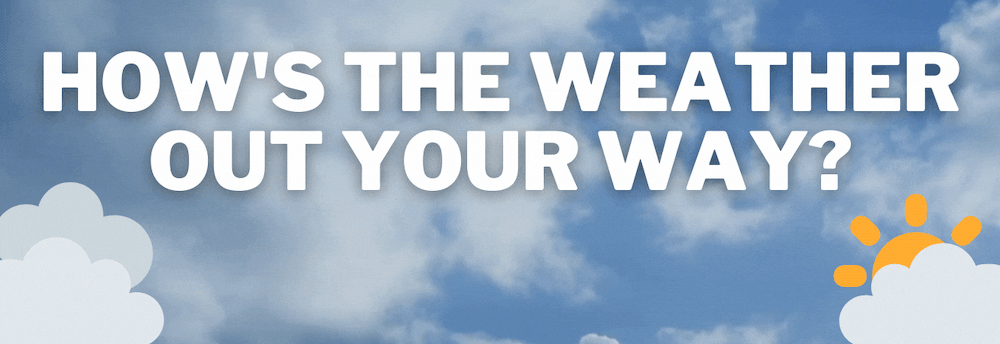Local towns fall just as hard to scammers
Laura Williams
12 March 2022, 3:04 AM
 As disasters continue to pile up, scammers are rife with opportunity over vulnerable people.
As disasters continue to pile up, scammers are rife with opportunity over vulnerable people. Researchers are warning that scammers are likely to strike in a time of crisis or disaster to capitalise on vulnerable people and local horror stories are the proof in the pudding.
Covid-19, bushfires and floods are all likely and proven times for scammers to strike, according to criminologists.
ScamWatch, which is run by the Australian Competition and Consumer Commission (ACCC), revealed that $85 million more was lost to scammers in 2021 than 2018 in Australia alone.
While it’s easy to think the fraudulent behaviour unfolds in the city where more populated areas make it easy to hide, a locally reported real estate scam has shown that not to be the case.
A few weeks ago in Coonamble, a prospective tenant was scoping local advertisements for rental houses - which can be few and far between in the current market - when an advertisement for the perfect house in local Caswell Street popped up in their Facebook news feed.
“(My friend) tagged me in a post for a rental and the lady messaged me. I asked her for some photos and when she sent them through I knew it wasn’t in Coonamble,” the prospective renter said.
When the ‘owner’ of the fake property asked for money upfront, the red flags were even more clear.
“It was a $1,400 bond and she said that I had to pay it now because she had a lot of interest. I thought that was a bit odd because I hadn’t even looked at the house yet,” the renter said.

One of the photos posted as being a house in Caswell Street, Coonamble. The sandstone retaining wall visible through the window was a further red flag that the house being offered could be a scam.
In this case, being local to Coonamble was an advantage, having enough local knowledge to recognise houses in the area. For newcomers to town - particularly in a time where availability for rental properties are low - the risk is much higher.
“The post has been taken down…Maybe someone actually paid her the $1,400,” the renter said.
The risk has grown higher as homeowners can take to Facebook to advertise their rentals without suspicion, having the upper hand in an undersupplied market.
Unfortunately, desperation to find somewhere to live amid the housing crisis has left renters exposed to manipulation.
Fraudsters view external crisis events as target-rich opportunities and people need to be educated about these risks, according to Flinders University researchers Dean Taodang and Dr RV Gundur.
“Even if the fraud is exposed and stopped by authorities, others can then move in to fleece victims. Times of external crises create unusual circumstances which increase the chances of potential victims responding to a fraudulent approach via their phone, email or web,” says first author Mr Taodang.
Dr Gundur says Australia’s bushfires were easy targets for fraudsters to prey on people’s altruistic nature to give donations to support victims.
“Gone are the days of clear places to give,” he says. “We now think about helping people using all kinds of crowdsourcing platforms (and) fraudsters use the fast-moving timeframes to take advantage of well-meaning people eager to help,” he said.
While many losses go unreported, the ACCC connected losses of more than $6 million to scams directly mentioning COVID-19 between February and December 2020.
“We all need to be aware, particularly of online scams, and make sure younger and older friends and relatives are not caught in these traps,” Mr Taodang said.




